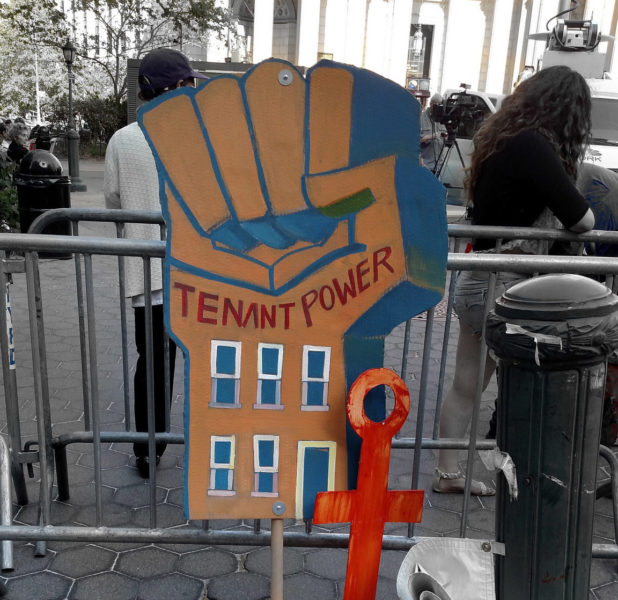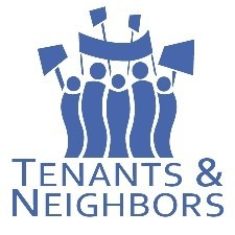About this project and website
Millions of New Yorkers were not able to pay rent this summer as a result of the COVID-19 crisis, leading to urgent calls for rent cancellations and rent strikes across New York.
As NYC's housing crisis is exacerbated by the COVID-19 pandemic, we are revisiting the Housing Literacy project and website which demystifies the complex and difficult-to-decipher rent regulation laws in NYC. With annotated documents for a standard rent-stabilized lease, renewal lease, and lease rider, Housing Literacy gives rent-stabilized tenants the knowledge that will empower them to better address their housing-related issues. Kasey Zapatka, as a Digital Publics Fellow at The Center for the Humanities developed the project and website with the support of Tenants & Neighbors, and design implementation by Partner & Partners to create this important resource. Visit housingliteracynyc.org to try it for yourself! 🔑
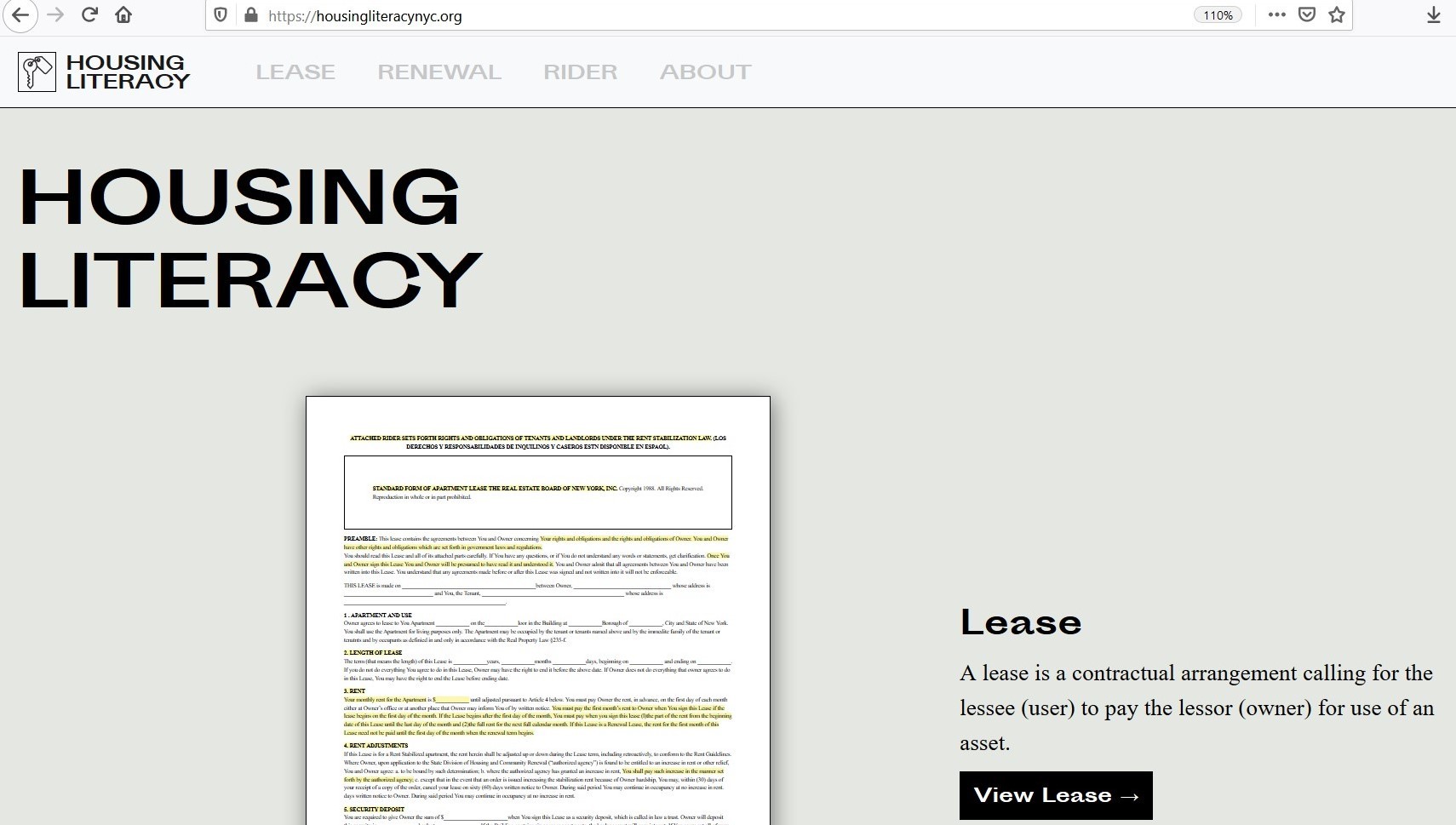
Besides annotated documents to help understand a standard rent-stabilized lease, renewal lease, and lease rider, the Housing Literacy website also offers NYC Housing-Related Resources and Readings:
NYC Housing-Related Resources
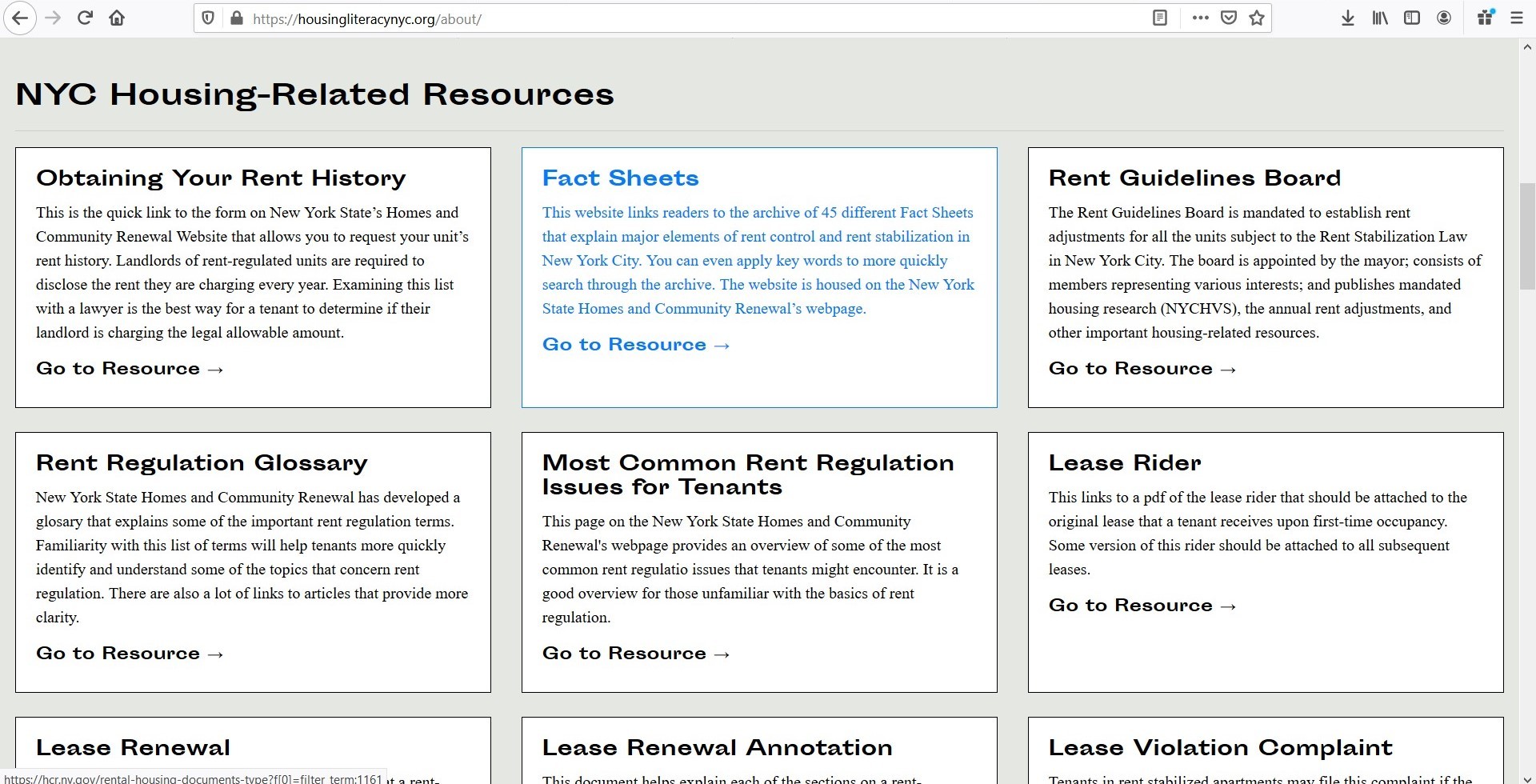
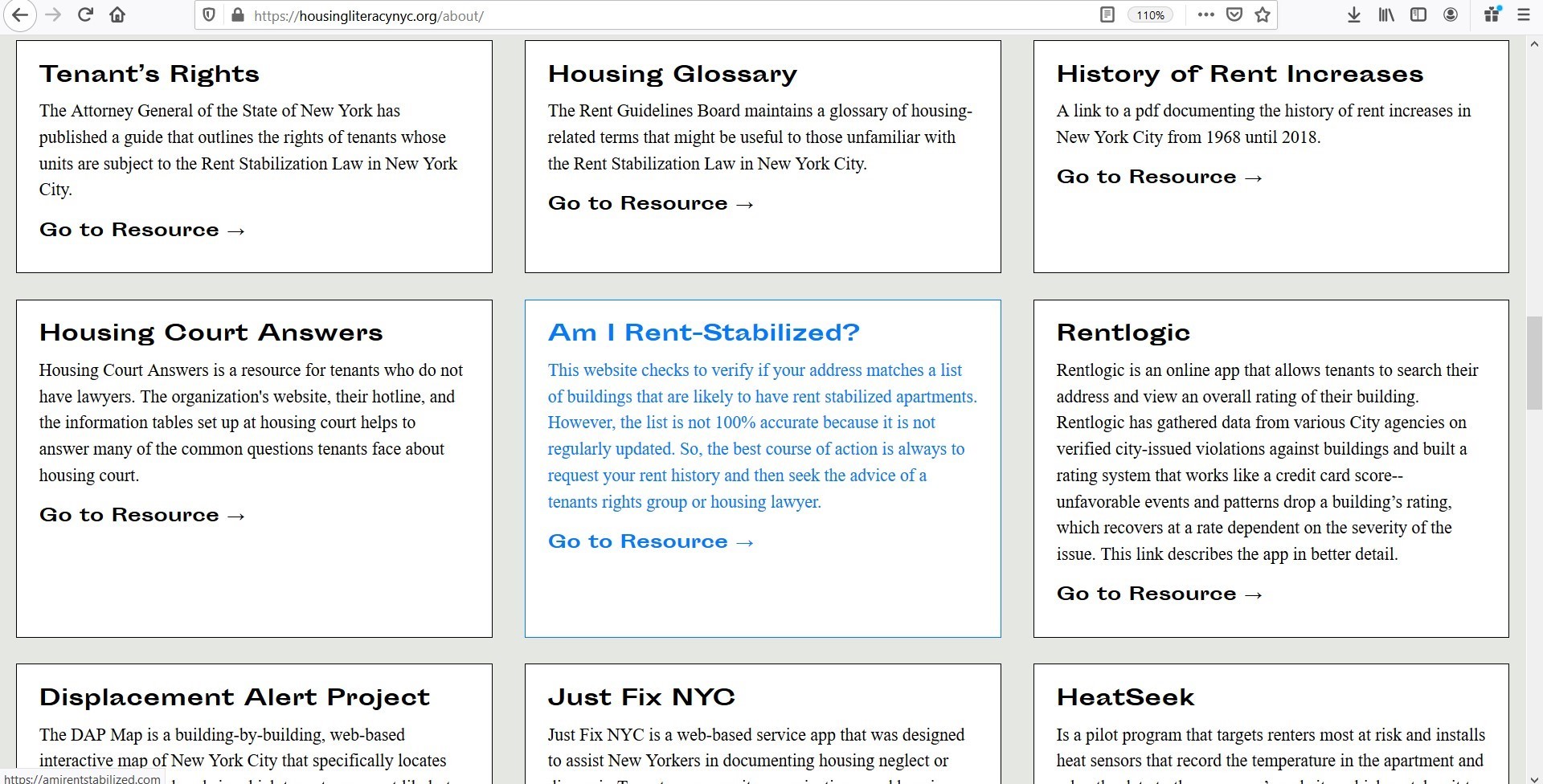
About Housing Literacy: Standard Lease, Renewal Lease, and Lease Rider
New York City has some of the strongest rent regulation laws in the country; however, they are also some of the most complex and difficult to decipher. When tenants don’t fully understand their housing rights, it’s difficult to take full advantage of the protections that rent regulation offers. Housing Literacy is a two-year project intended to increase tenants’ housing literacy by identifying particularly important aspects of rent regulation laws and developing resources aimed at helping tenants better understand the City’s rent regulation laws.
The central goal of Housing Literacy is to develop annotations of the three most common documents that renters encounter when signing a lease for a rent-stabilized unit: a standard rent-stabilized lease, a renewal lease, and a lease rider for rent-stabilized tenants. The annotations highlight specific areas of these documents that tenants should read and understand carefully, point them to resources so that they can learn more about these issues, and give them basic knowledge that will empower them to better address their housing-related issues.
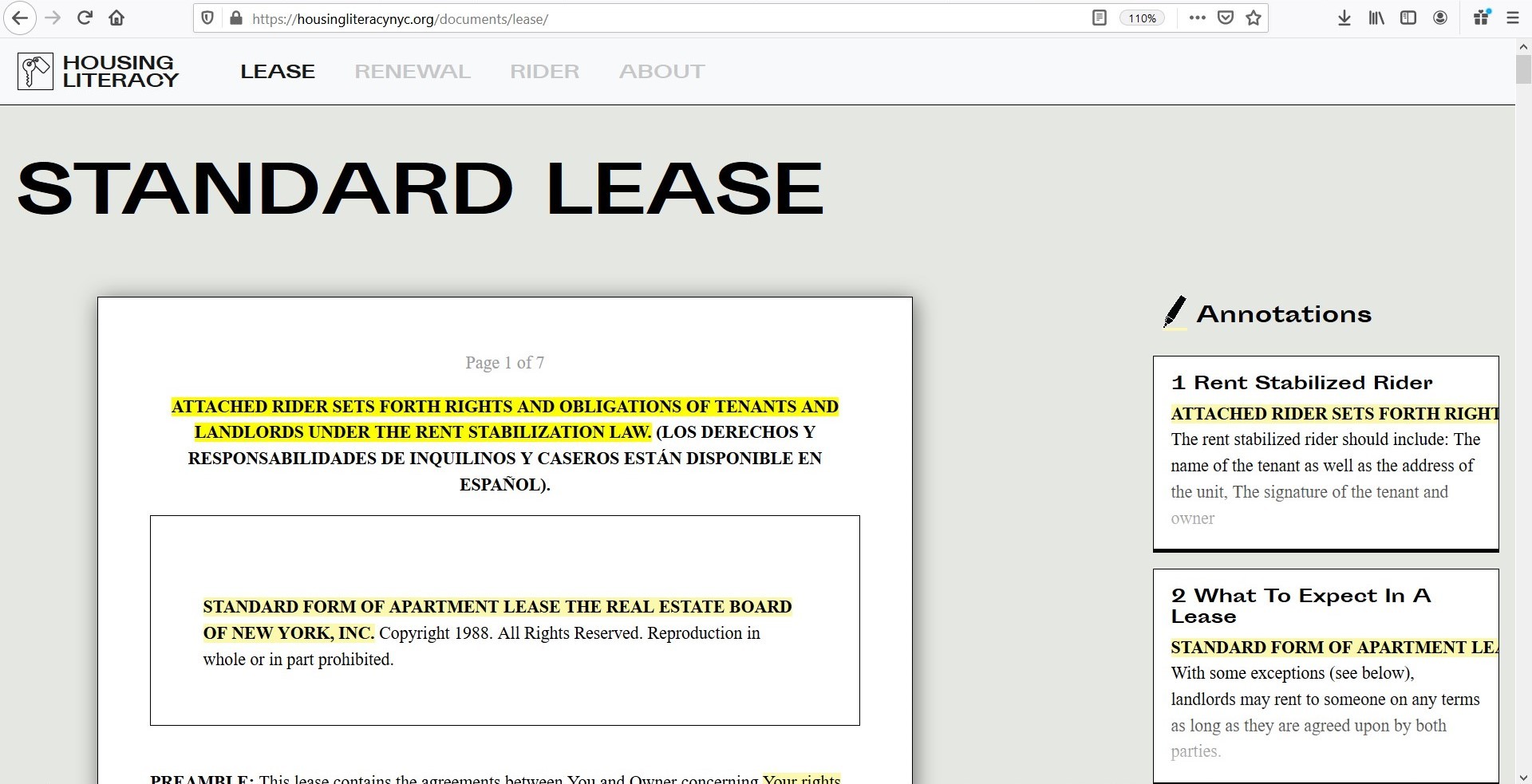
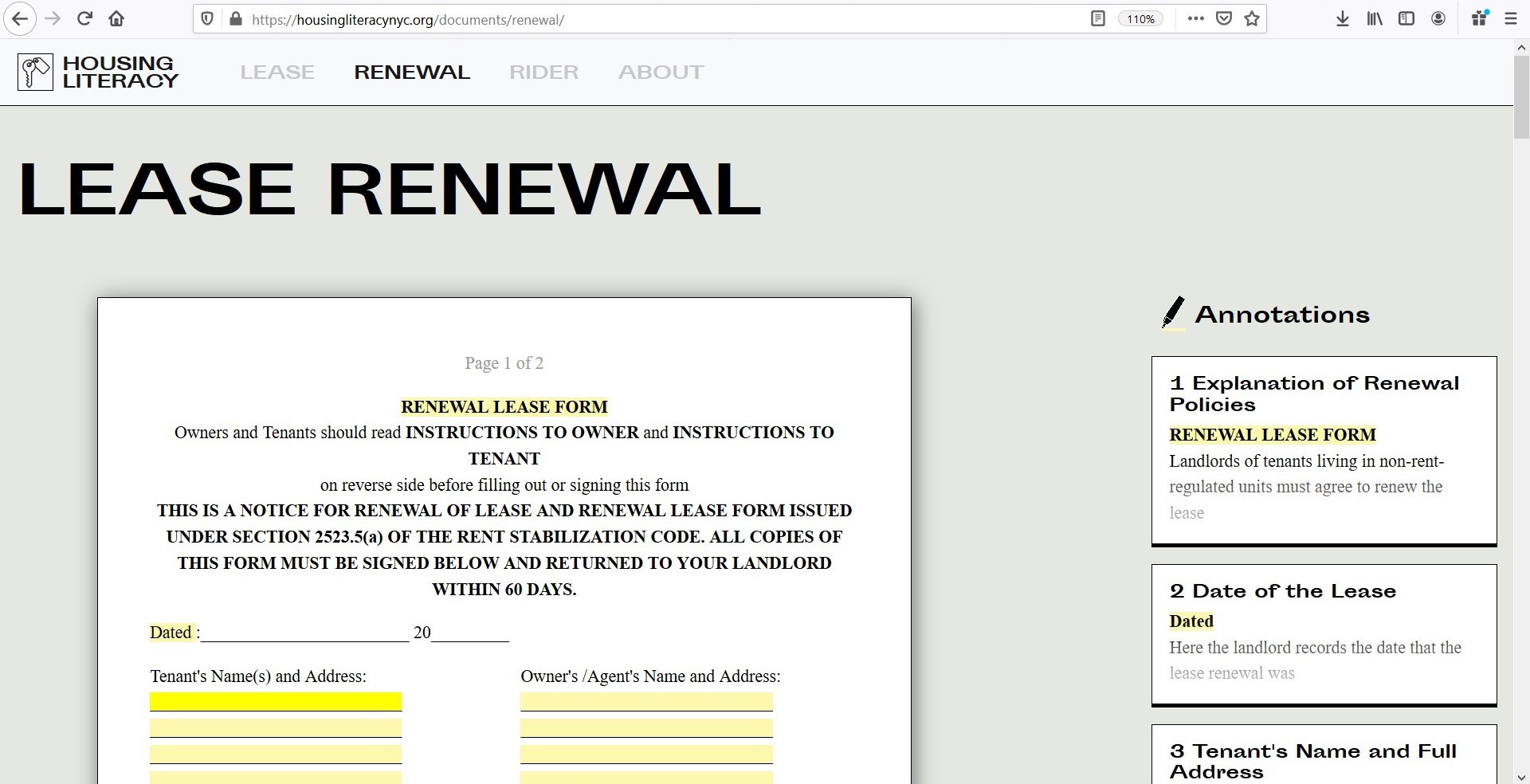
For tenants at risk of displacement in the midst of the housing crisis, Housing Literacy is a platform that empowers them to take full advantage of the rights they already have and makes them aware of matters that affect their housing realities. Housing Literacy’s larger aim is to support fair housing practices among diverse communities in a changing urban landscape.
NYC Housing-Related Readings:
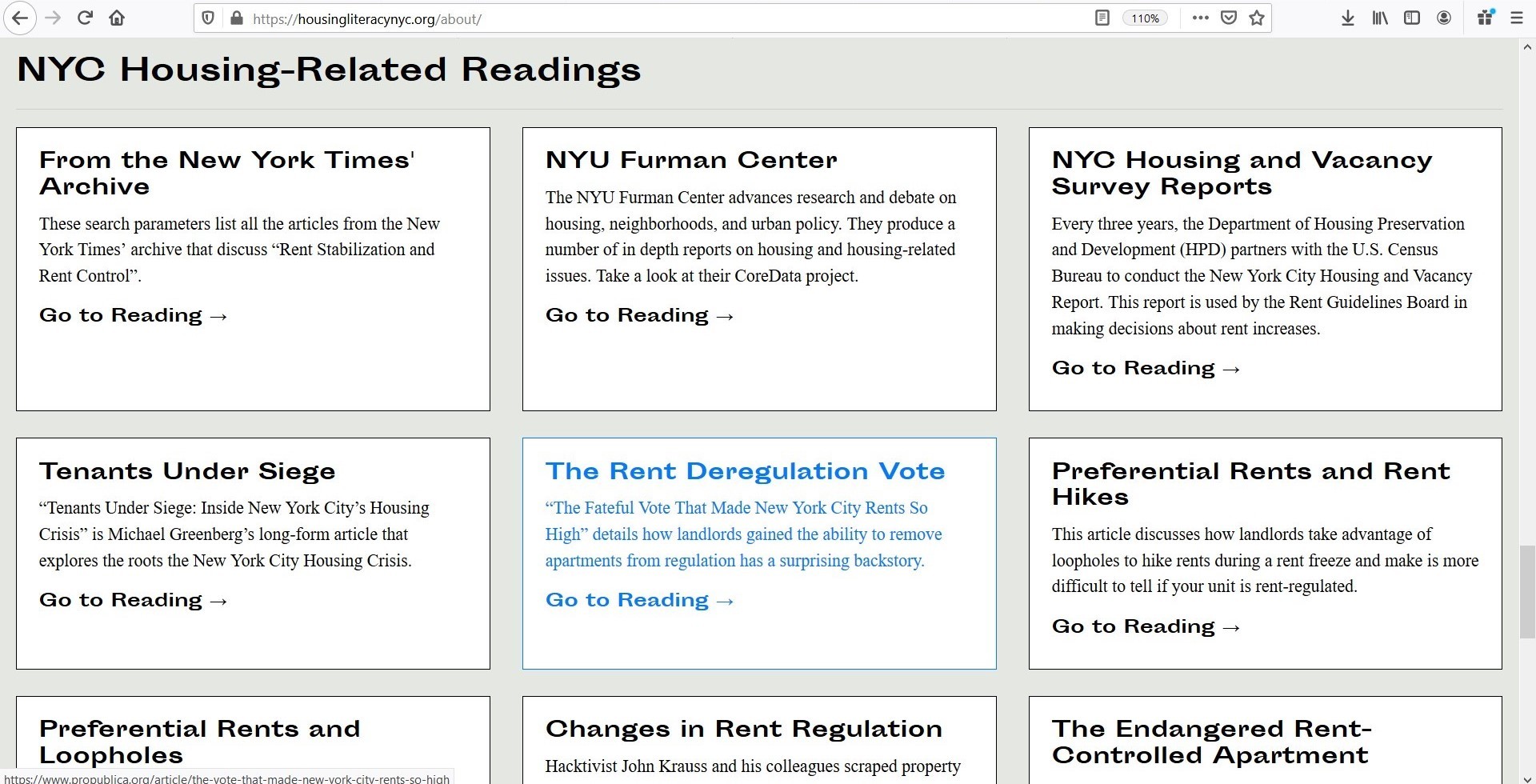
The project lead of Housing Literacy is the Center for the Humanities, Digital Publics Fellow Kasey Zapatka. He is a doctoral student in sociology at The City University of New York, CUNY and encourages any feedback on this project. The project and website was Co-sponsored by community partners Tenants and Neighbors, and the Seminar on Public Engagement and Collaborative Research from the Center for the Humanities at The Graduate Center, CUNY.
The Need for Housing Literacy
Read THE NEED FOR HOUSING LITERACY here, where Digital Publics Fellow Kasey Zapatka outlines his project "Housing Literacy" and provides an overview of NYC rent regulation and tenants' rights, along with the history and current context of rent regulation in New York City.
Housing Literacy: Understanding Your Lease, the Rent Law Fight, and Your Rent History
Watch the video of this event from May 1st, 2019 at The Graduate Center, CUNY where Digital Publics Fellow Kasey Zapatka talks about the website, how to use it, and highlights some important issues. The Executive Director of Tenants and Neighbors, Delsenia Glover, and housing lawyer Ellen Davidson discuss their vision for the website, the importance of organizing, and layout the legislative agenda for this past summer as the New York State Senate and Assembly renewed the rent laws. Finally, the speakers talked about the importance of knowing your own rent history and walk through how to read one and answered questions from the audience.
